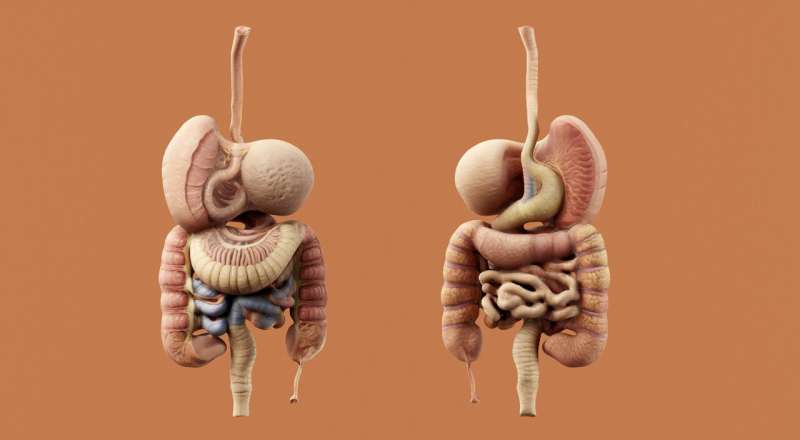These insights may guide the design of safer and more effective microbiome-based therapies.
The study, “Long-read metagenomics for strain tracking after fecal microbiota transplant,” was published in Nature Microbiology.
FMT—the transfer of stool from a healthy donor into a patient’s intestine—has been proven highly effective in treating Clostridioides difficile infection and is being explored for other conditions, such as inflammatory bowel disease (IBD) and cancer. Yet it has remained unclear which bacterial strains are responsible for long-term recovery and how they adapt within their new host environment.
The new approach harnesses long-read DNA sequencing, which reads much longer stretches of a microbe’s genetic code than traditional techniques, with a computational method developed at Mount Sinai called LongTrack.

